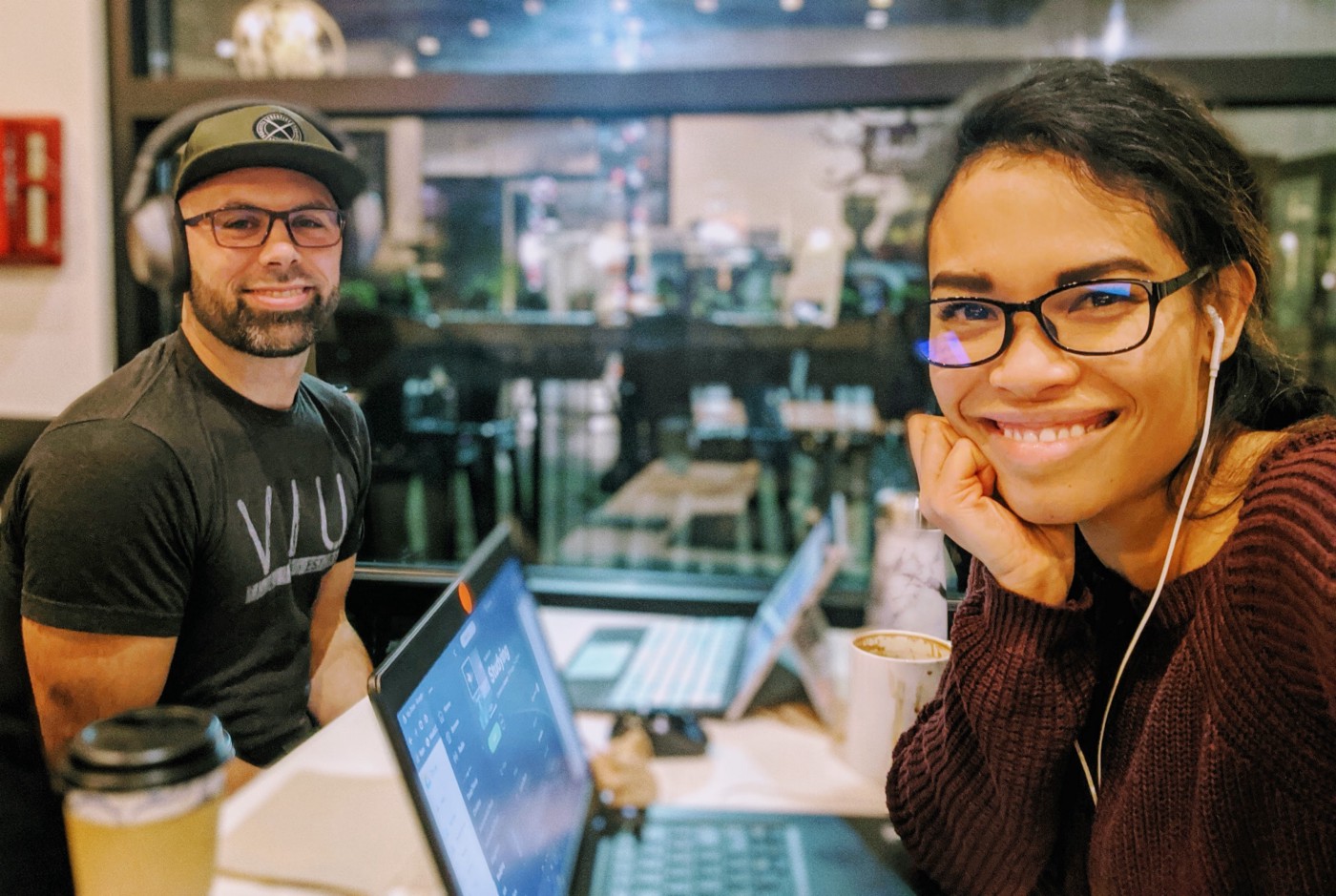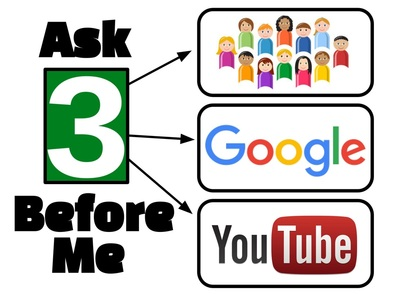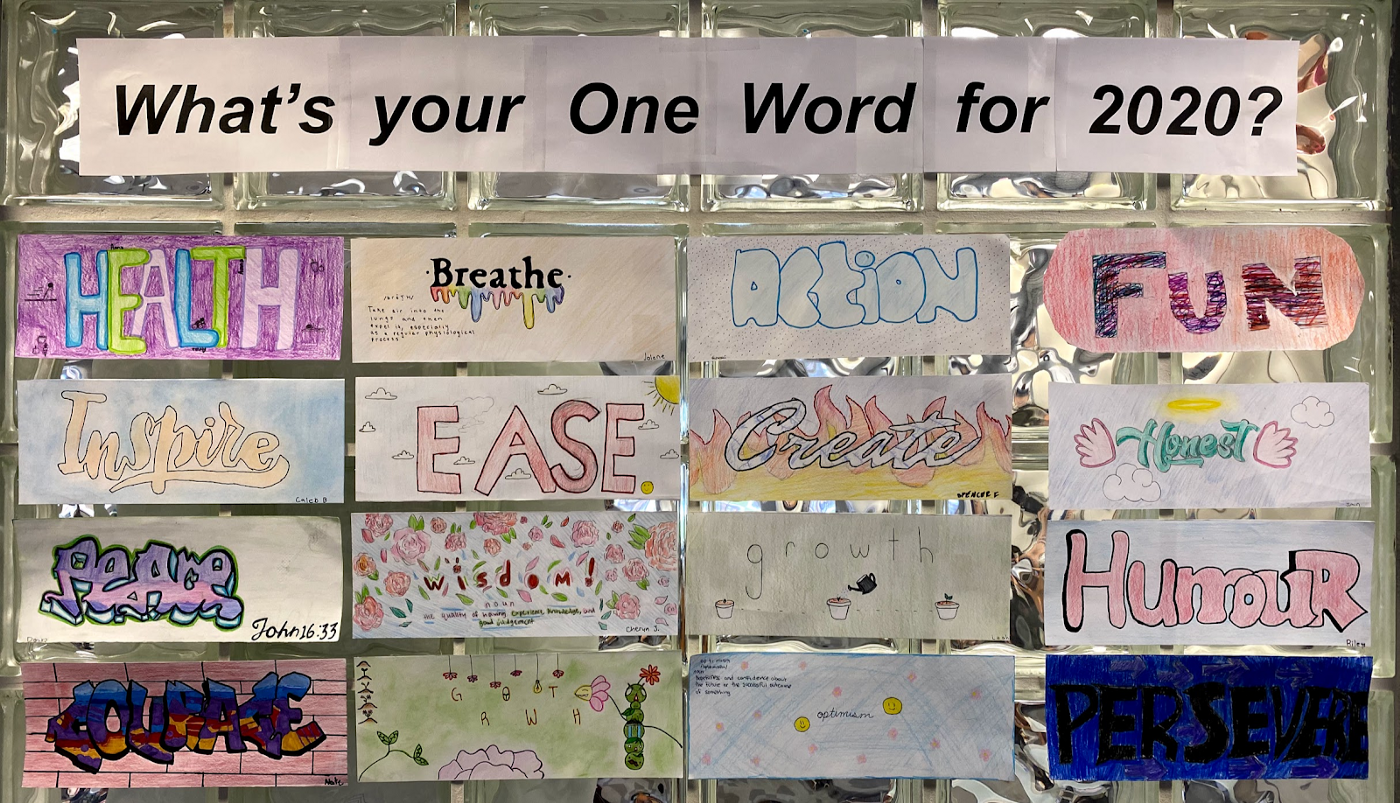When we own our problems and our learning, brain development follows.
“I’m stuck!”
“How do I do this?”
“What should I do next?”
These are the calls for help that every teacher who has spent time in a classroom has heard.
And our typical response? We hurry over to these distress calls and do our best to help. Because that’s who we are, and that’s what we do.
We support learning. We provide solutions. We teach.
Then we hear another call, and another. And we help again.
What Mental Habits Are We Reinforcing?
My wife is a master of administration. She’s the kind of person who uses her Google Calendar partly as planner, partly as to-do list, partly as journal. I’m sure Google Calendar is one of her most-used apps, because she’s constantly creating and editing events, adding phone numbers and to-do lists to event info, deleting events that didn’t materialize, and making sure the timeline of her day matches her actual day.
If it’s not in her calendar, it doesn’t exist. It’s pretty impressive.
I learned this quickly about her in our early years. And because I knew that she kept an eagle eye on her calendar, it became easy to ask her for details on upcoming events.
- “Hey, what time is the banquet on Saturday?”
- “Where is that restaurant again?”
- “Are you free on Thursday night?”
All in her Google Calendar, which she had shared with me. And I knew that. But it was still oh-so-tempting to just ask her or text her for the answer. Because she’s super smart.
And because it was way easier for me to use her brain than my own.
Often, she would cheerfully check her own phone and give me the answer I was looking for. And frankly, she still does. She’s a generous woman.

But at some point, she also had the courage to have a loving conversation with me. Basically, her message boiled down to this.
Baby, you can either keep using my brain to get the answers you’re looking for, or you can use your own.
You see, up to that point, I hadn’t really been using Google Calendar. Sure, I looked at it once in a while. I even added a few things to it. But I wasn’t really using it to plot out my day. And I certainly wasn’t consulting it for event information.
She pointed out that by always looking up the answers to my questions, she was actually encouraging me not to go to the source.
She was teaching me to use her brain instead of my own.
All Learners Need to Learn to Use Their Own Brains
As teachers, we love to help kids. Helping students learn, develop their skills, and find solutions gives us some of the warmest and most affirming moments in the profession.
And there’s no denying that a lot of this learning, especially in K-4, happens in real time. These youngsters need more hands-on support. More assurance. More coaching.
But especially as students move into middle and high school, they need to gradually build the skills and confidence associated with learning how to learn. Using their own brains.
There’s a tried and true rule that I’ve seen around education for some time called Ask 3 Before Me. The idea is that whenever students get stuck with a problem that they can’t solve, they should check at least three lifelines before going to the teacher.
Ask a friend. Google it. Check YouTube.

Sometimes I’ve wondered if there are educators who see this sort of thing as a cop-out. I mean, aren’t we paid to help students when they’re stuck? Isn’t that our job?
I don’t think it is a cop-out. I think it’s about loving kids enough to empower them. It’s about teaching them how to fish instead of just tossing them more fish.
And in the remote learning environment, I’m at least an instant message away from support. There’s never been a better time for students to learn how to learn. To use their own brains.
Educators Need to Learn How to Learn, Too
March of 2020 flipped K-12 education on its head, and remote learning sent educators scrambling. The move from the brick and mortar classroom to the online environment was a transition that could have taken weeks or months to prepare for, but most schools pulled it off in a week. Or less.
It was a time of high anxiety for a lot of educators, and still is. The remote and hybrid learning environments are foreign landscapes. We have a lot of questions about tools that facilitate growth in this context. Tools that we’re not always familiar with.

As tech tools proliferate, the IT department at my school has been generous: send us a ticket about any question or problem. We’re here to support.
And they have been amazing. I’m sure that IT departments at other schools and districts have taken a similar stance.
But this is also a great opportunity for classroom teachers to learn how to learn on their own. To listen to their PLN. To do some digging on Google. To watch tutorials on YouTube. To participate in the plethora of free webinars currently available.
“I’m not a tech person” isn’t a thing.
We’re ALL tech people. We’re ALL on a journey of learning right now.
And now, more than ever, we need to learn how to learn. We need to take ownership of our professional learning journeys. We need to teach ourselves what we need to know.
Our growth won’t happen in a straight line. But we’ll get there. And that journey will build new confidence. We will be empowered.
And the best part? We’ll be able to model courageous learning for our students.
Because now, more than ever, we all need to learn how to learn.
We need to use our own brains. Our students will be better for it.







